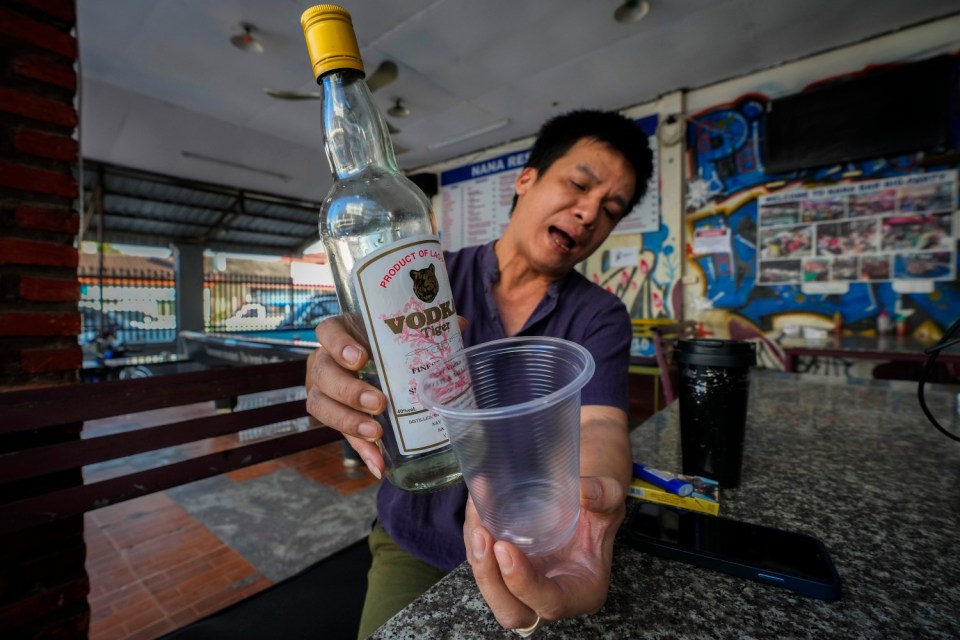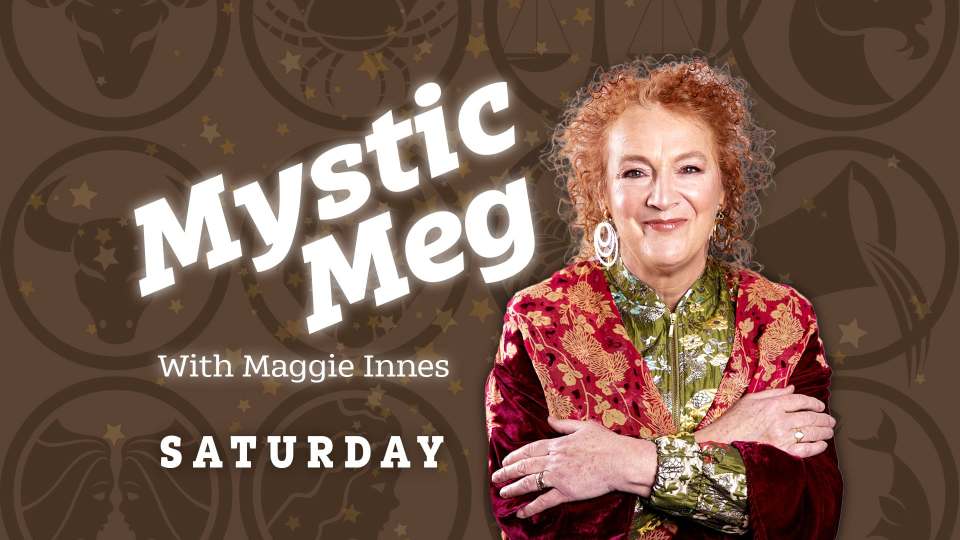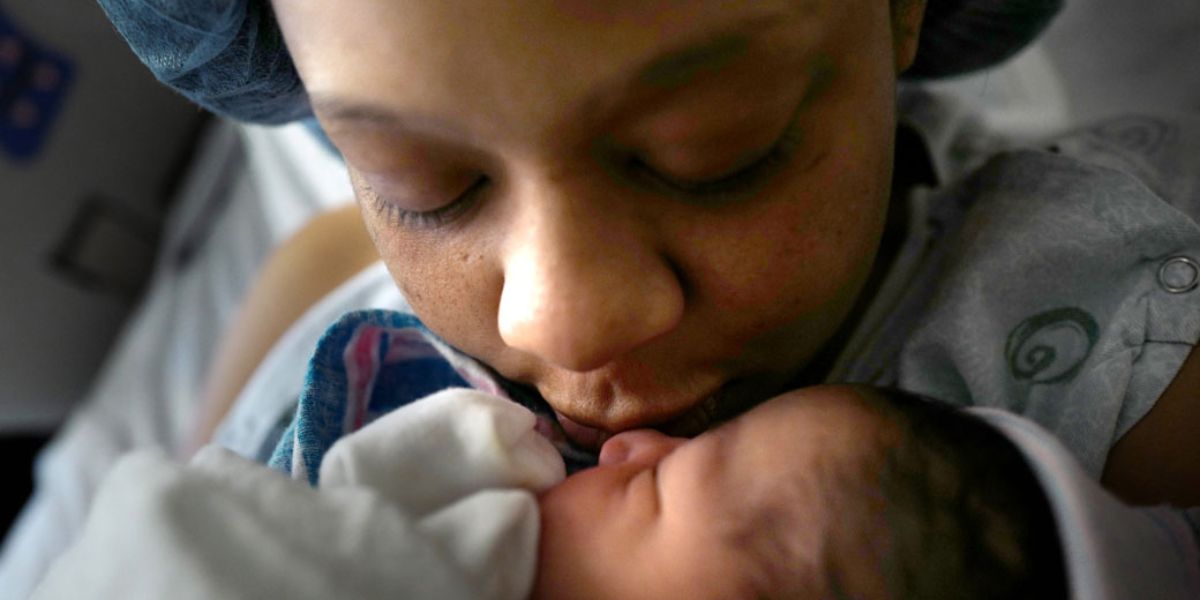Maternal Mortality Crisis: A Closer Look at Tulsa’s Racial Disparities
Pregnant women require greater assistance in Tulsa and around the country.
News On 6 is going “In Focus,” examining the likelihood of some women developing fatal health issues after giving birth. Black and Native American women have the highest maternal mortality rates in the United States. “It’s systematic racism, which is where it all points back to,” Tulsa Birth Equity Initiative Executive Director Omare Jimmerson explained.
The Jackson family’s picture-perfect event may never have occurred.
“It was real scary because I got a brand-new baby, and I’ve never taken care of these kids without her,” Jackson said. That was Jackson’s dread when his wife Marnie became ill after giving birth to their fourth child, Blaire. Marnie was initially diagnosed with double pneumonia and was ill for several weeks.
Her husband suspected something else was going on.
“I said, ‘You don’t have pneumonia.'” And I was praying and saying, ‘You need to go to the hospital,'” he explained. The Jackson family stated that it was a matter of life and death for her. She had postpartum cardiomyopathy.
“Once they finally did several tests for me, they said I was in heart failure,” Marnie went on to say. “My heart fracture was at 15%. So they said if I had waited another day, I would have probably had a heart attack.”
Marnie said she doesn’t know for sure if her race played a role in her healthcare, but she is aware that Black and Native women have worse chances of survival following childbirth. Both Marnie and Garrick agreed that the maternal healthcare system requires improvement. They believe their worries were ignored by doctors after giving delivery.
“I wish during that time you could still talk to your OB,” Marnie added with a laugh.
Fortunately, the couple stated that their rapid response saved Marnie’s life, but many others are not so fortunate.
According to data from the Oklahoma Maternal Mortality Review Committee, black women are three times more likely to die than white women. Native Americans’ statistics aren’t much better. They are 2.5 times more likely to die than white women. “When you look at that, it doesn’t matter where they fall as far as financially or educationally,” Jimmerson went on to say.
The Tulsa Birth Equity Initiative is aiming to change these figures.
“One of the things that you still commonly hear is that black women have a higher pain tolerance,” Jimmerson went on to say. Jimmerson said the organization collaborates with the Indian Health Resource Center and is developing a new doula training program to assist Native women.
“When it comes to the Native population, it’s just the distrust, rightfully so, right of the society that has made so many broken promises to them,” Jimmerson went on to say. Marnie works with the Oklahoma Perinatal Quality Improvement Collaborative, where women can obtain assistance by sharing their postpartum stories.
Marnie stated that the association also promotes doula care services.
“Being in the room when everything is so emotional and having someone else there saying, ‘No, this has to happen. “She’s in pain,” Marnie explained. According to Jimmerson, women who work with doulas have reduced rates of C-sections and premature births, which can lead to improved breastfeeding outcomes.
The Tulsa Birth Equity Initiative visits hospitals to help mothers improve their health one at a time.
“We just want to make sure that those that are serving in hospitals are providing the best care they can, and not judging someone when they walk in the room,” he said.
Blaire is now eleven years old, and Marnie and her husband are still using their voices to help others. Marnie wants women to be aware of postpartum cardiomyopathy, something she was unaware of until her diagnosis. She sees a cardiologist once a year, and her heart is considerably healthier now.
“I never once thought about maternal mortality until that experience happened with me,” she went on to say. “So I am thankful that I was saved so I can share the story and explain to women to learn and to teach them.” Women should be aware of various dangerous symptoms following childbirth, including difficulty breathing, chest pain, thoughts of harming themselves or their child, red or swollen legs, excessive swelling, and eyesight problems.
If you need help or wish to participate in Marnie’s group, contact Sarah Johnson at [email protected]. The group holds monthly meetings.
A survey published by U.S. News & World Report examined the top-performing hospitals for Black maternal care. Saint Francis Hospital in Tulsa is the only healthcare provider in Oklahoma to be recognized among 26 hospitals across the country.











